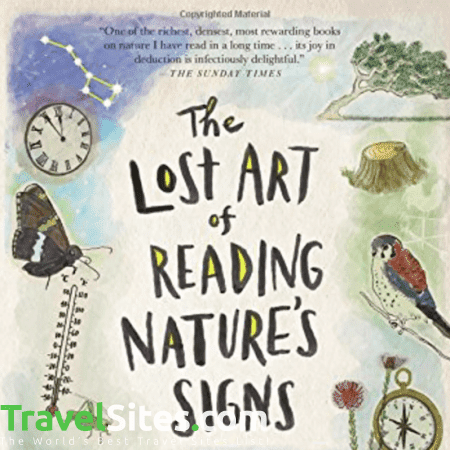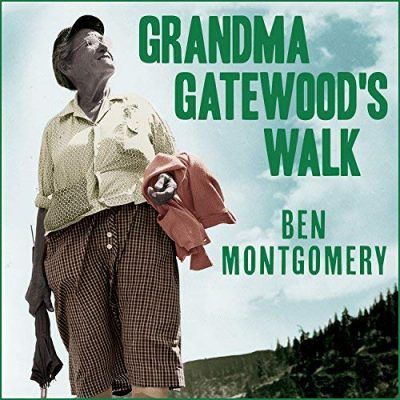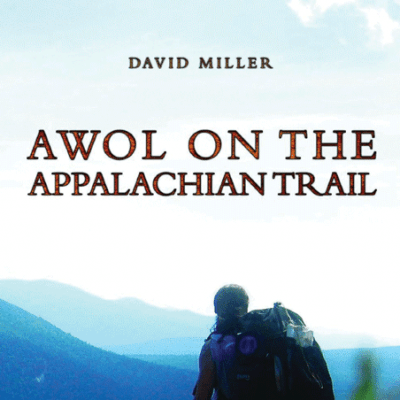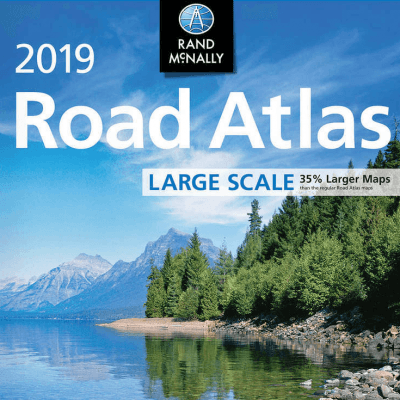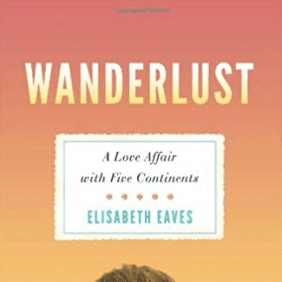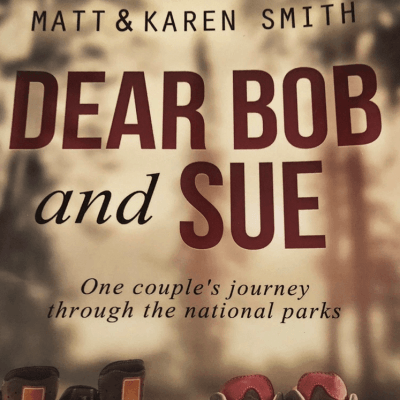Lost Art of Reading Nature
amazon.com
The Lost Art of Reading Nature’s Signs is a guide book written by British naturalist Tristan Gooley whose aim is to encourage readers to go outside and appreciate the world around them by providing a range of tips that can be used whilst out and about. Although largely applying to nature in Northern Europe, in particular Britain, Gooley presents techniques that can be applied “on any walk in almost any area.”
The book is divided into fifteen different chapters and, as the title suggests, they all cover the way in which you can use the signs offered by nature to determine everything from finding your way when you’re lost to what the weather will do to discovering a water supply. Nevertheless, it is not simply a drab manual or survival guide, as Gooley breaks up the text with anecdotes from his decades of experience as a navigator across five continents, neatly illustrating the theories he presents in practice.
In total, the author shares more than 850 unique tips for understanding nature and using it to help you, whether on just a simple walk or embarking on an excursion to areas far afield. Advice includes how the roots of trees can indicate the sun’s direction, how a butterfly can help you predict the weather and how the scent of cinnamon can indicate altitude.
Gooley also stresses the importance of exercising our spiritual capacities for attention, beauty, being present, connections, hospitality, openness, questing and wonder. Whether a nature-lover or simply someone who just enjoys learning about what the world has to offer, The Lost Art of Reading Nature’s Signs provides a unique read that is guaranteed to offer something of interest, regardless of where you’re from.

I am a professional travel writer and travel enthusiast who traveled the world twice, so I am sharing my firsthand knowledge about everything related to travel and spending time abroad.
- More than 850 tips on how nature can be used for navigation, forecasting, tracking, and nature walks
- Text interspersed with anecdotes from the author’s experiences
- Contains interesting facts that will appeal to a wide audience
- Focus is on Northern European nature, and may not be helpful for areas with more extreme climates
